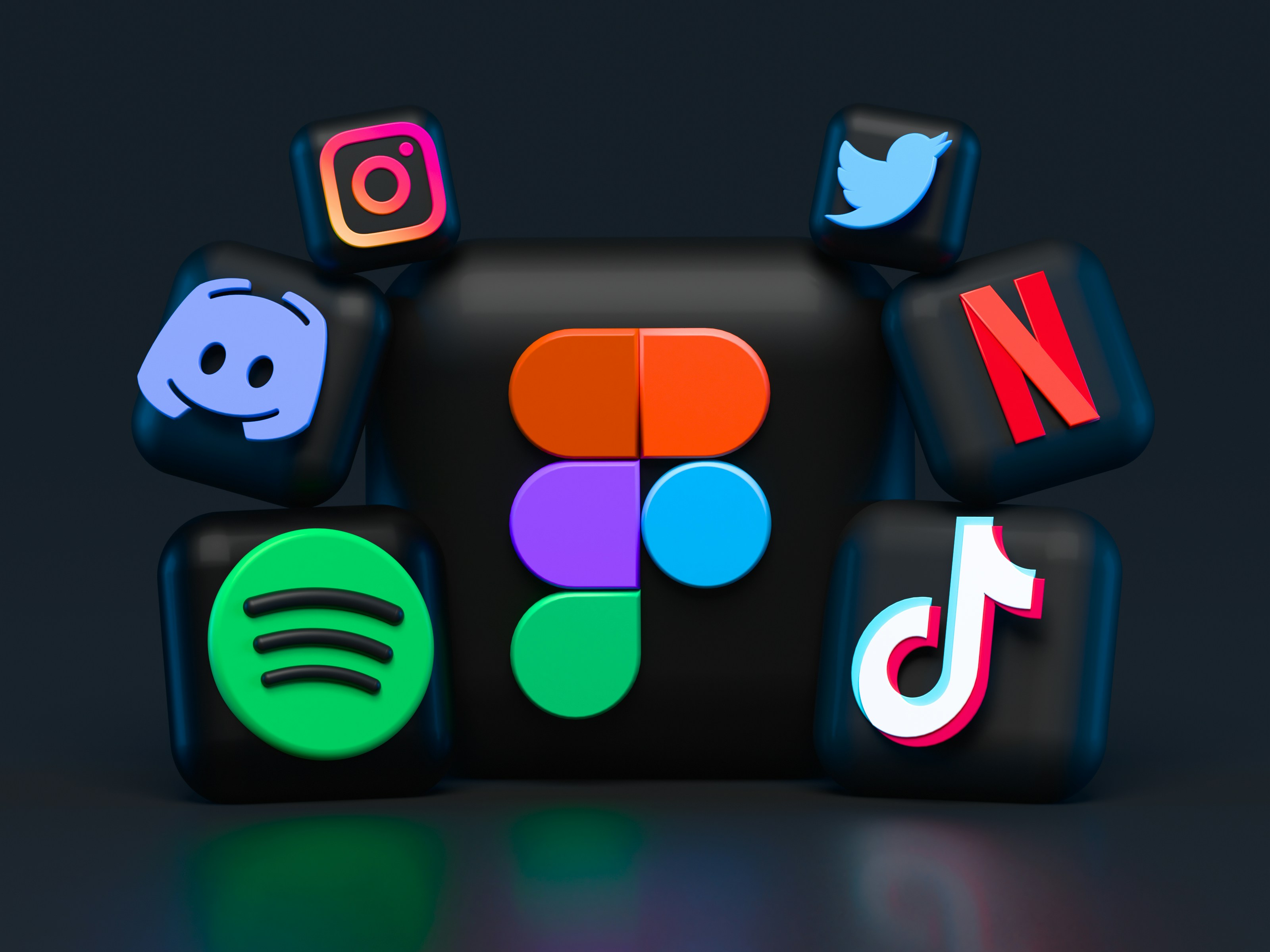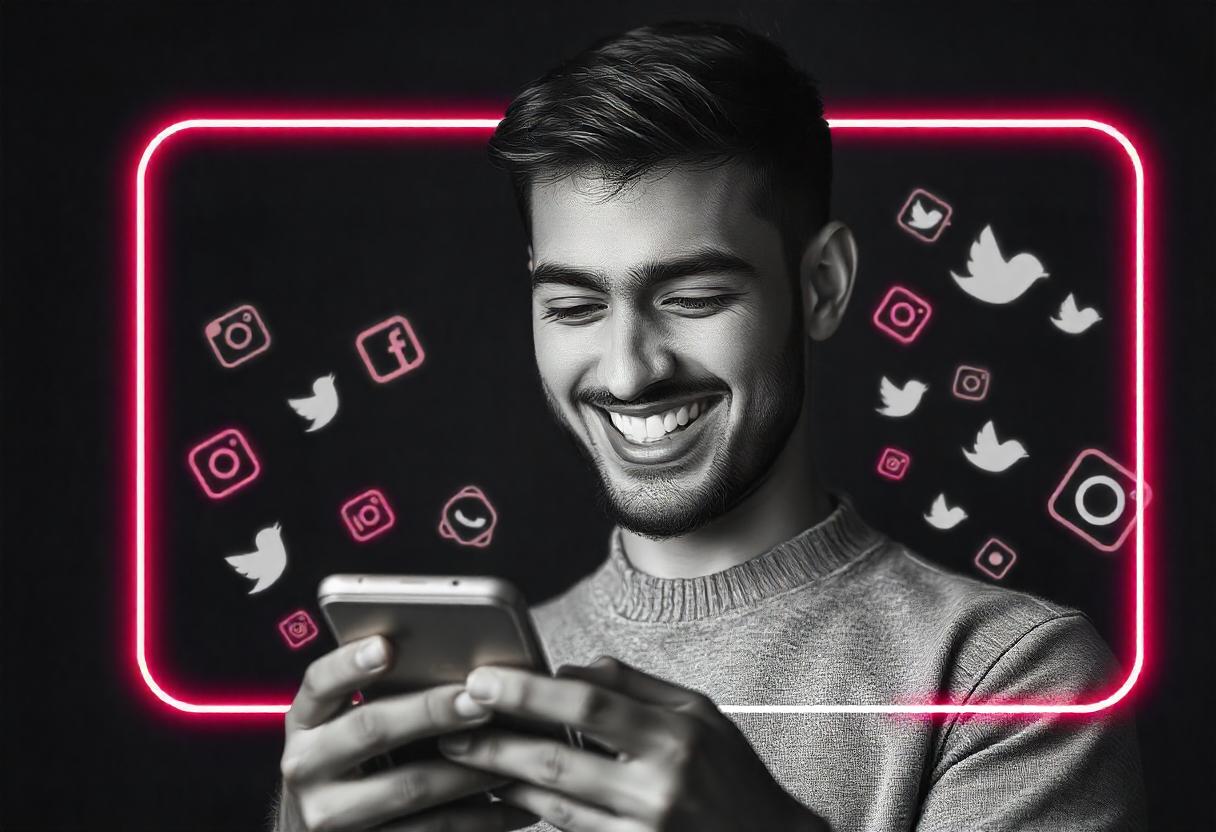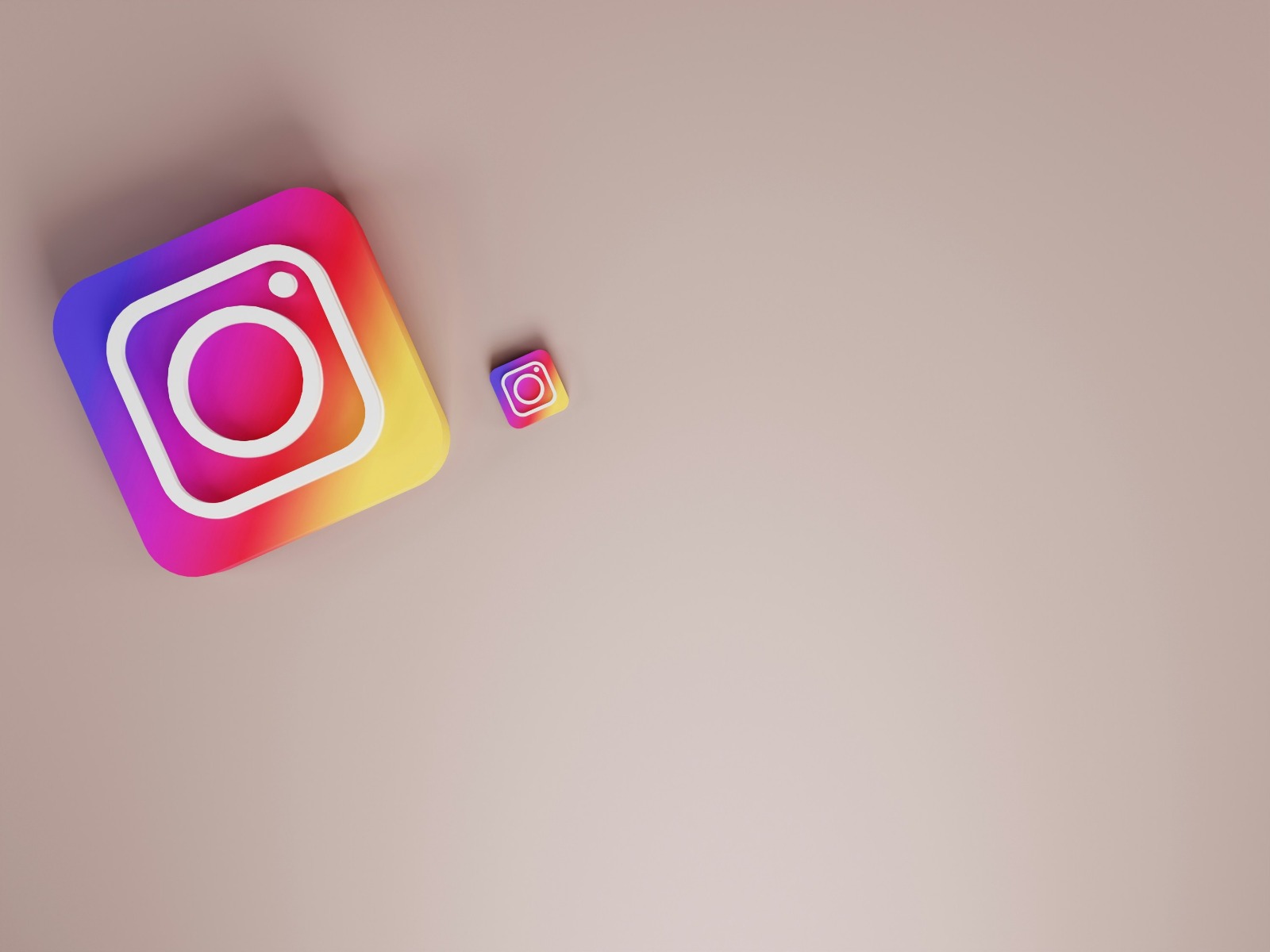
Introduction In today's digital world, social media is a central part of our daily lives. We use it to connect, share, and stay updated. But have you ever wondered how these platforms affect our mental health? While social media has many benefits, it also comes with hidden psychological effects that can contribute to stress, anxiety, and even depression.
The Comparison Trap One of the biggest issues with social media is the tendency to compare ourselves with others. People often post only the best parts of their lives—perfect vacations, success stories, or flawless selfies. Seeing these can make us feel like our lives are dull in comparison, leading to low self-esteem and dissatisfaction.
The Dopamine Effect Social media apps are designed to keep us engaged. Every like, comment, and notification triggers dopamine release in our brain, making us crave more. Over time, this can lead to addictive behaviors, where we constantly check our phones for validation and approval from others, affecting our self-worth.
Fear of Missing Out (FOMO) FOMO is another psychological effect caused by social media. Seeing friends or influencers enjoying events we’re not part of can make us feel left out. This fear can lead to anxiety and the pressure to always be online or involved, even when it negatively affects our mental well-being.
Sleep Disruptions Using social media late at night, especially before bed, can disturb sleep patterns. The blue light from screens reduces melatonin production, making it harder to fall asleep. Poor sleep can lead to increased stress, irritability, and even long-term health problems.
Cyberbullying and Negative Interactions Unlike real-life conversations, online interactions often lack emotional cues, making people more prone to negativity or cyberbullying. Negative comments or online harassment can significantly impact mental health, leading to feelings of anxiety, fear, or social withdrawal.
How to Use Social Media Mindfully
Limit Screen Time: Set boundaries on social media usage to avoid overconsumption.
Follow Positive Content: Engage with pages and accounts that inspire and uplift rather than create stress.
Take Digital Detoxes: Regular breaks from social media can help reset your mental state and improve focus.
Prioritize Real-Life Connections: Spend time with family and friends in person instead of relying solely on digital interactions.
Be Aware of Your Feelings: If social media is making you feel negative, step back and assess its impact on your emotions.
Conclusion Social media is a powerful tool, but its impact on mental health depends on how we use it. By being mindful and setting healthy boundaries, we can enjoy the benefits of social media without letting it control our well-being. It’s important to prioritize mental health over virtual validation and make conscious efforts to maintain a healthy balance between the online and offline world.
Asif Bc
Aspiring blogger in Kerala sharing insights on technology and mental health to inspire mindful living.



.jpg)
0 Comments